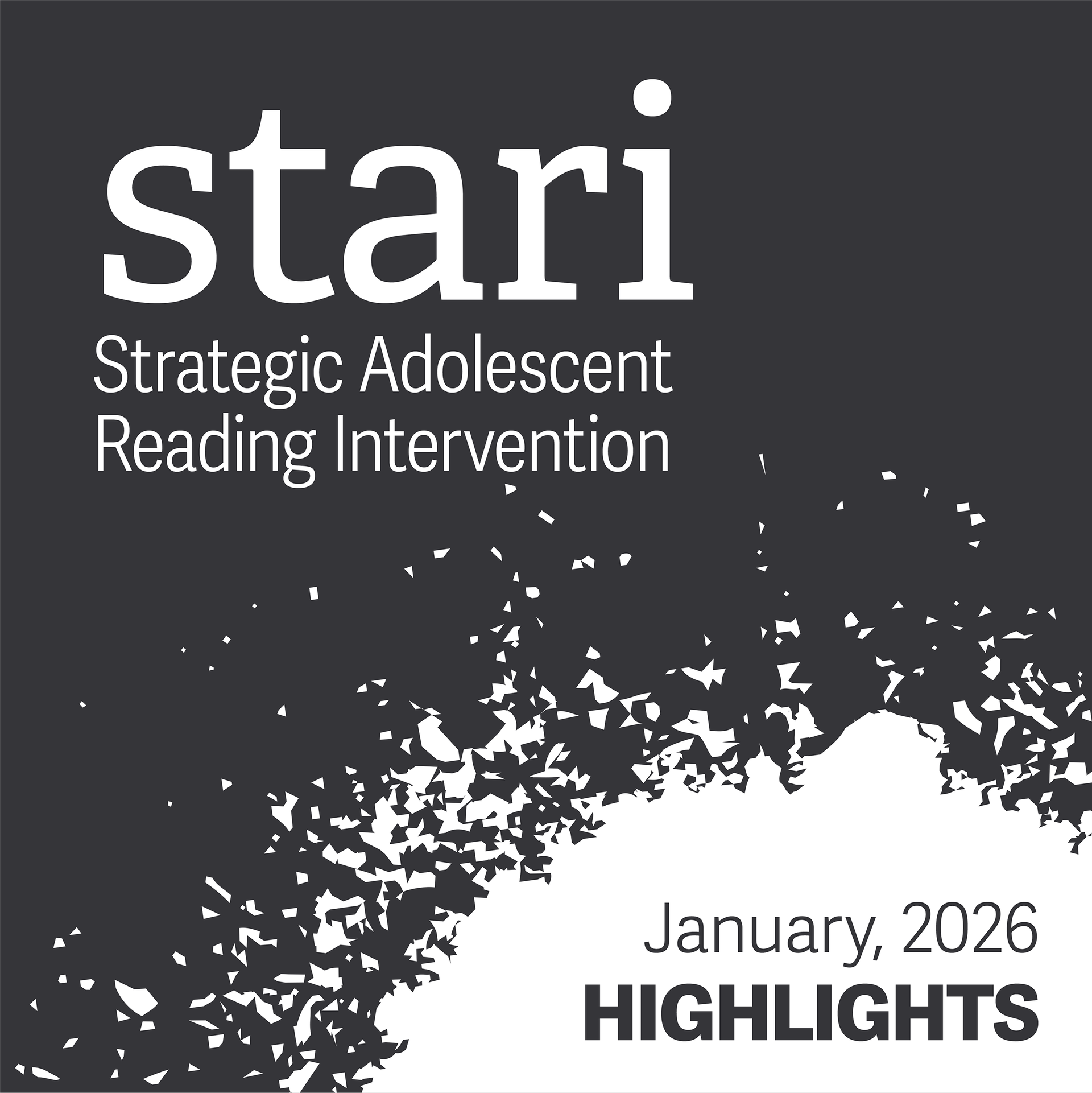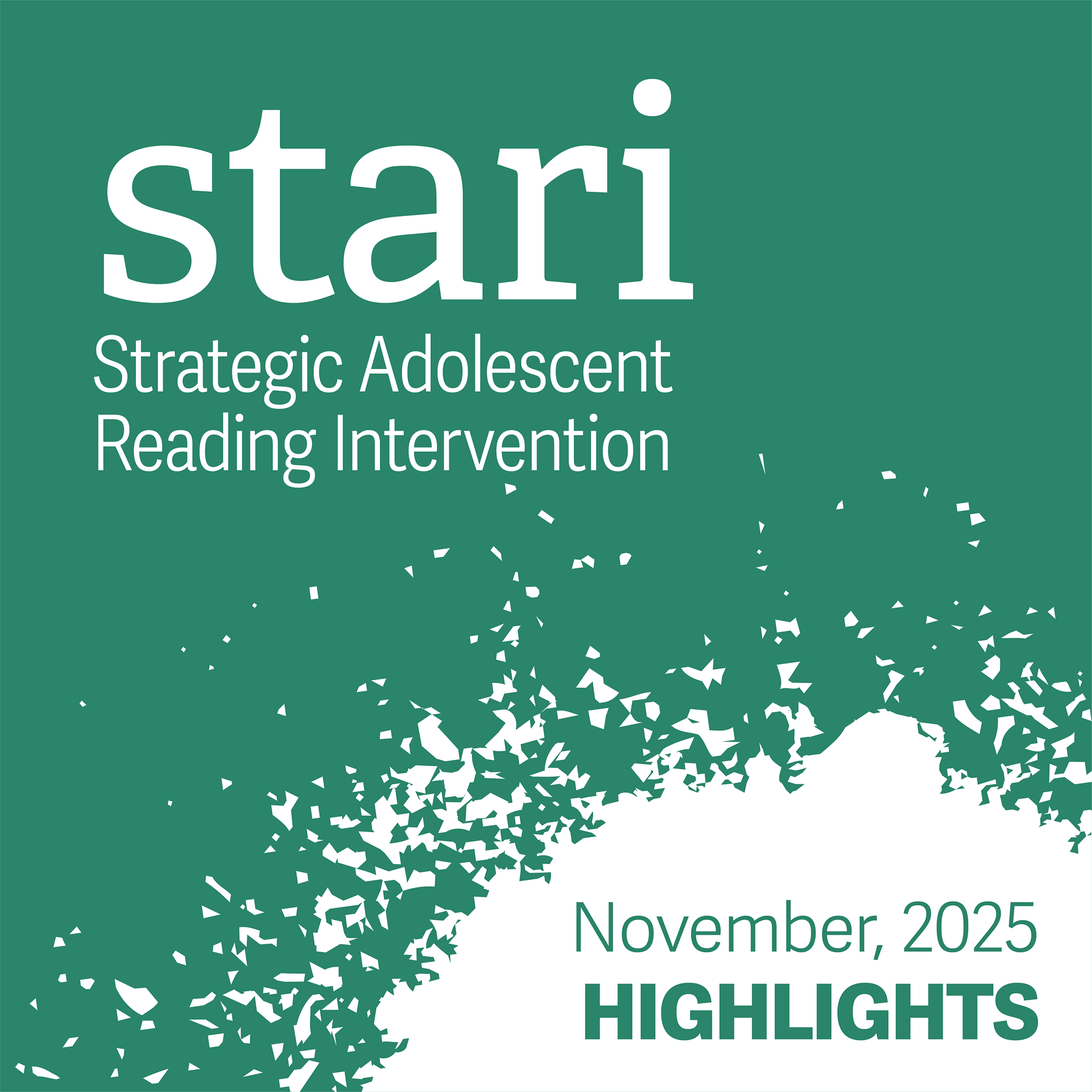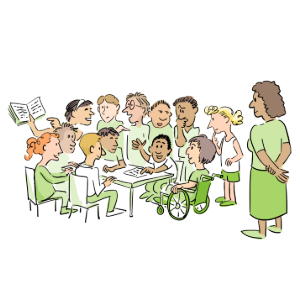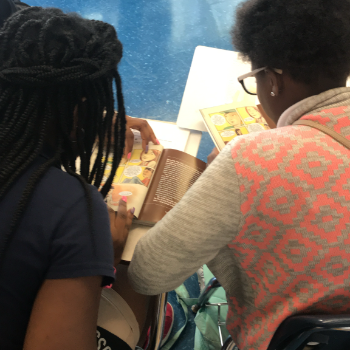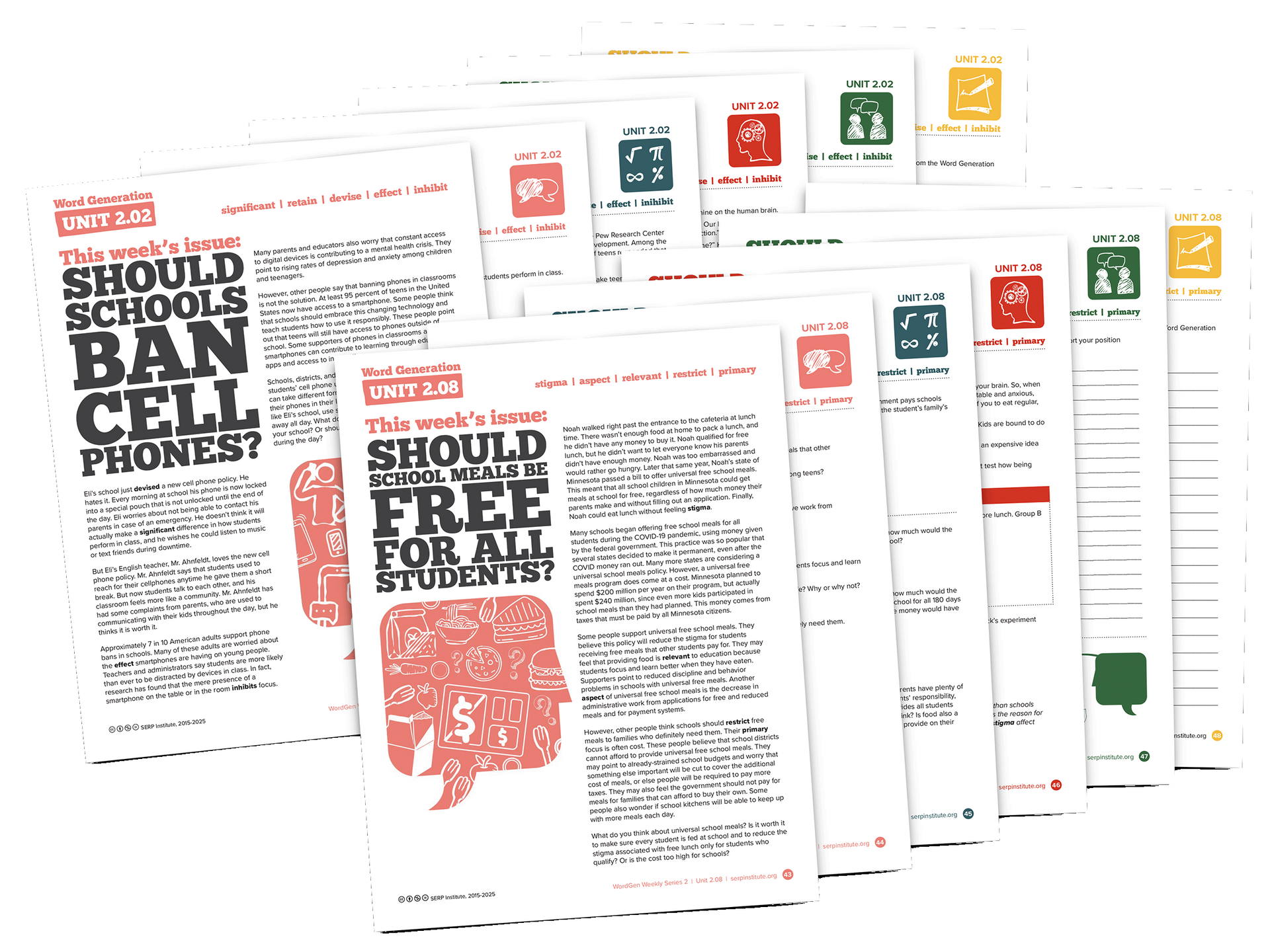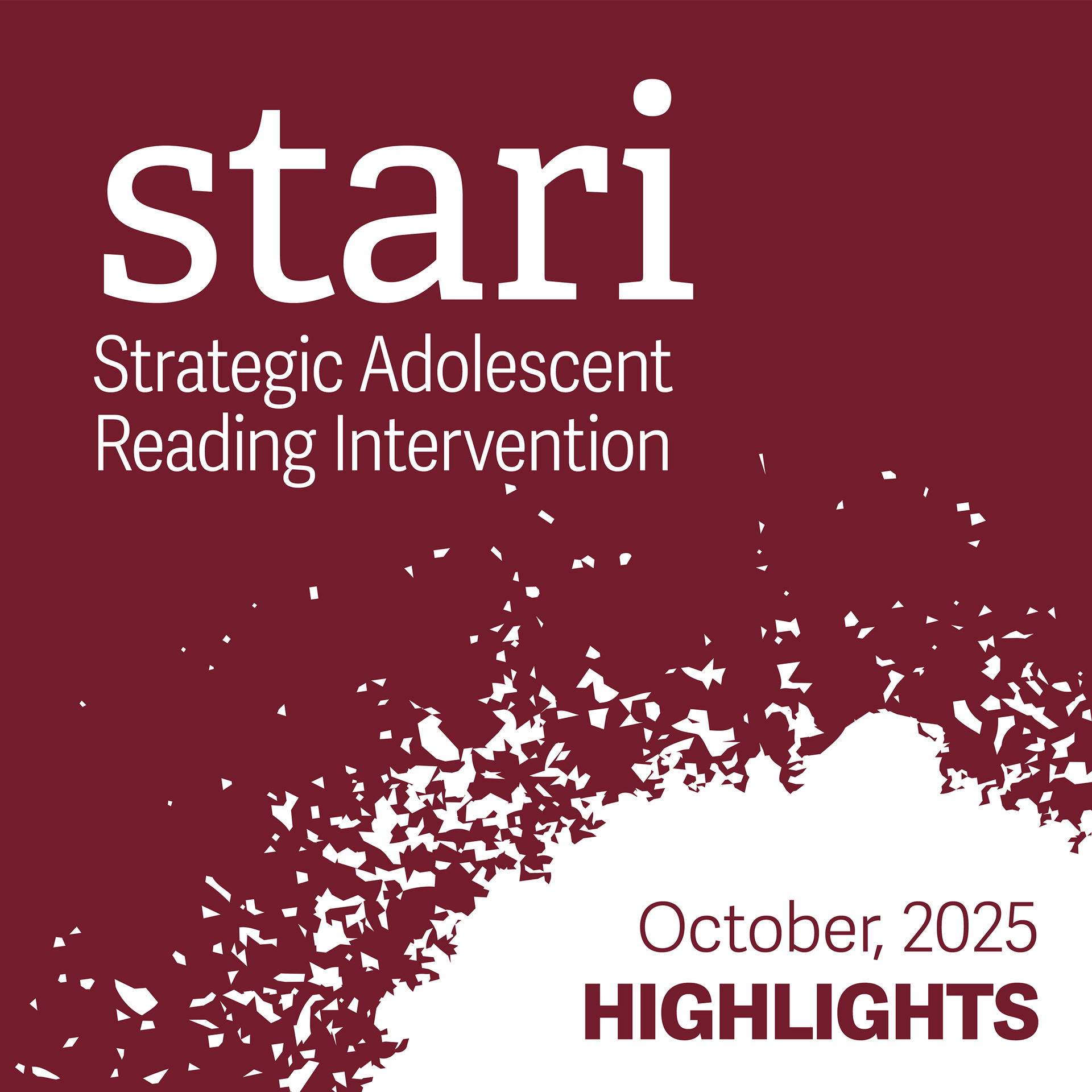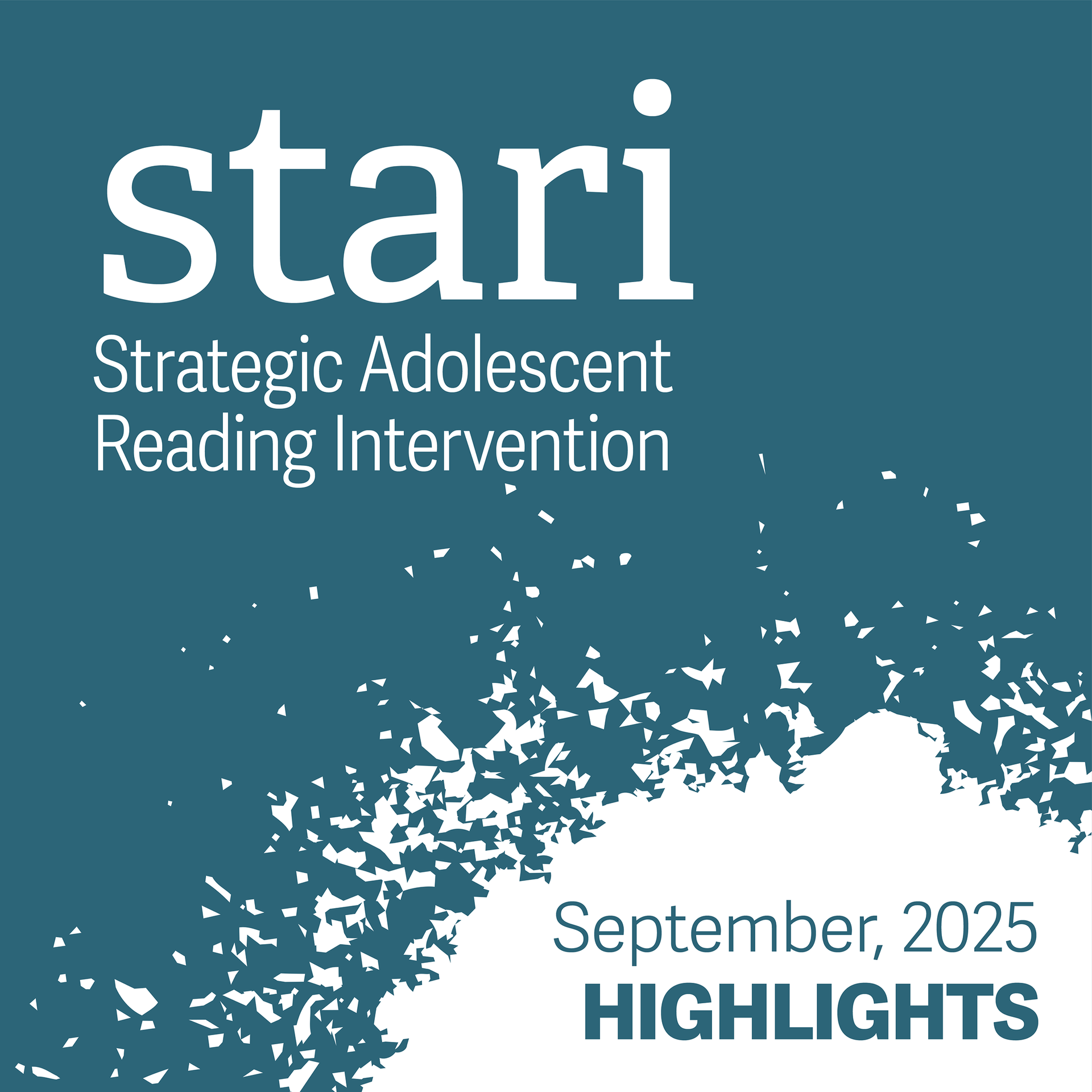SERP News

The session titled The Power of Collaboration: Root Cause Analysis provided valuable insights into how collaborative inquiry and structured reflection can drive school improvement and student success. This presentation centered on Parker Junior High School’s ongoing partnership with the Association for Middle Level Education (AMLE) and its work toward implementing a true middle school framework.

How did you learn to read? At this year’s AMLE Conference, we asked attendees to share a simple but powerful story: How did you learn to read? Their reflections, captured in photos and video, remind us why literacy matters, and why programs like STARI are so important for students who need extra support.
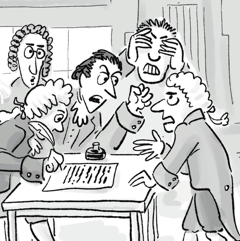
SERP is pleased to announce support from Leonard D. Schaeffer for our Civics Curriculum Project: Preparing High School Students for the Challenges of American Democracy . The proposal was submitted in partnership with the Rhode Island Department of Education (RIDE) and the District of Columbia Public Schools (DCPS), both key partners in the development and implementation of the course.

